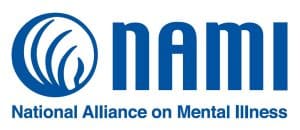NH redesigns rapid response

Help comes with many names—crisis intervention team, mobile crisis unit, or rapid response.
Whatever the term, the outcome means behavioral health professionals quickly providing access to care.
According to the National Alliance on Mental Illness (NAMI), 2,700 U.S. communities have teams connecting people in crisis to police, mental health care providers, and hospital emergency personnel.
NAMI cites a reduction in risk of arrest while receiving mental health services as one benefit.
In 2022, the Department of Health and Human Services (DHHS) and the Bureau of Behavioral Health implemented the Rapid Response Access Point. A call center run by Boston-based Carelon Behavioral Health, dispatches a mobile crisis team where needed.
Cynthia Whita...
Want to keep reading this article from New England Psychologist?
Login below or subscribe today to support independent journalism!
